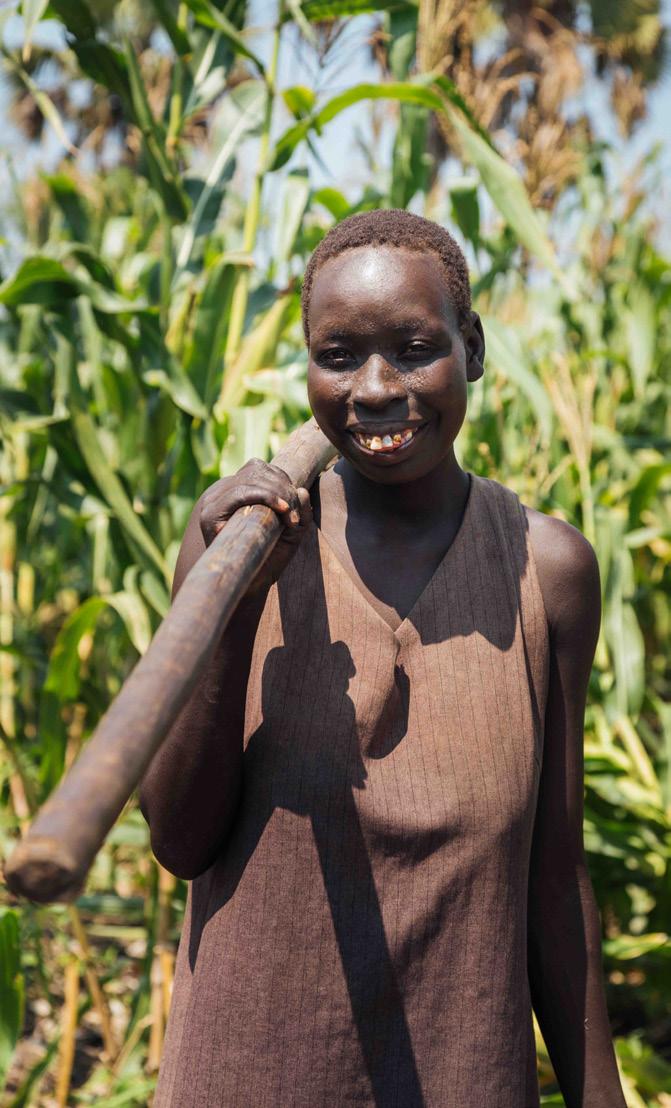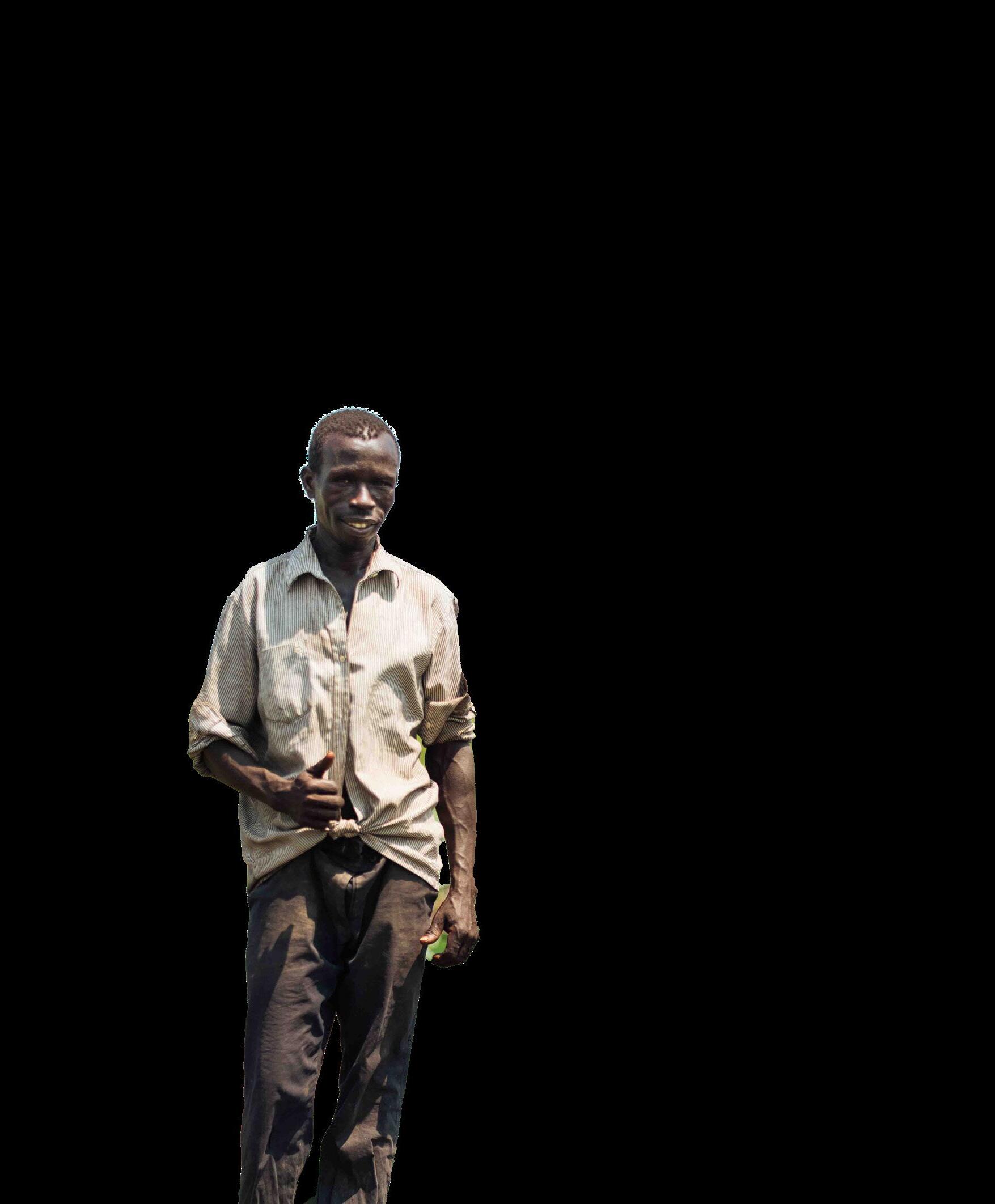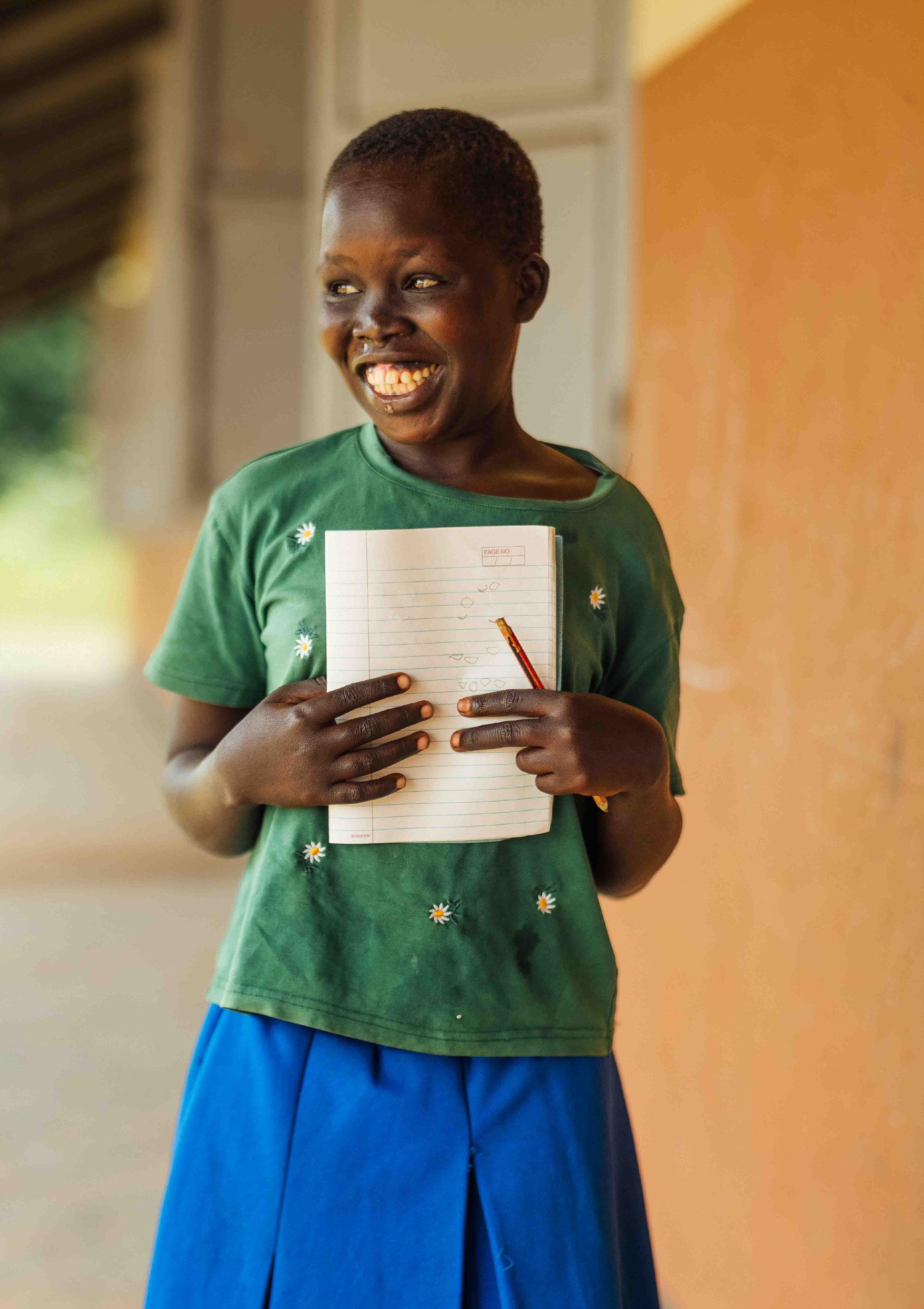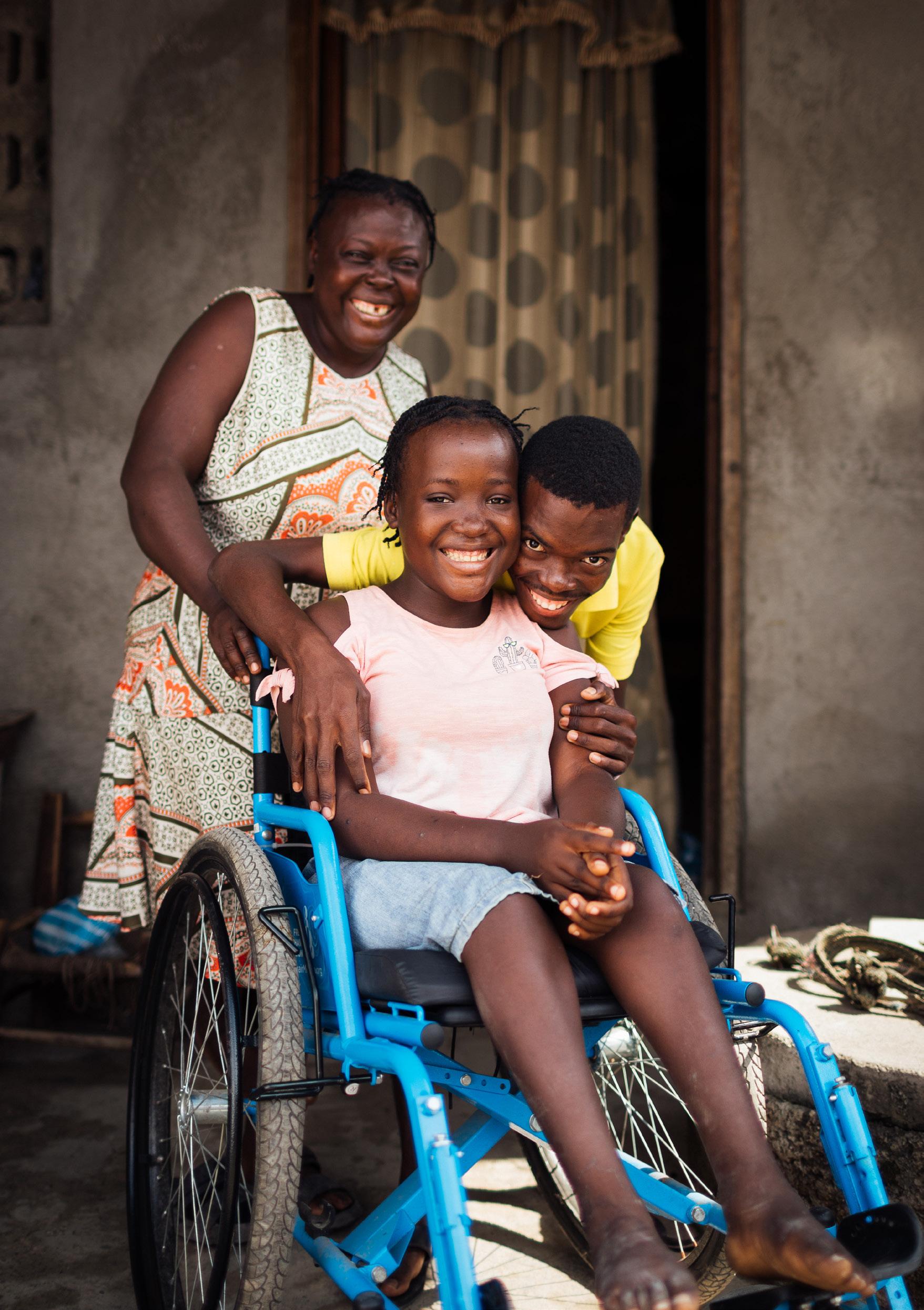

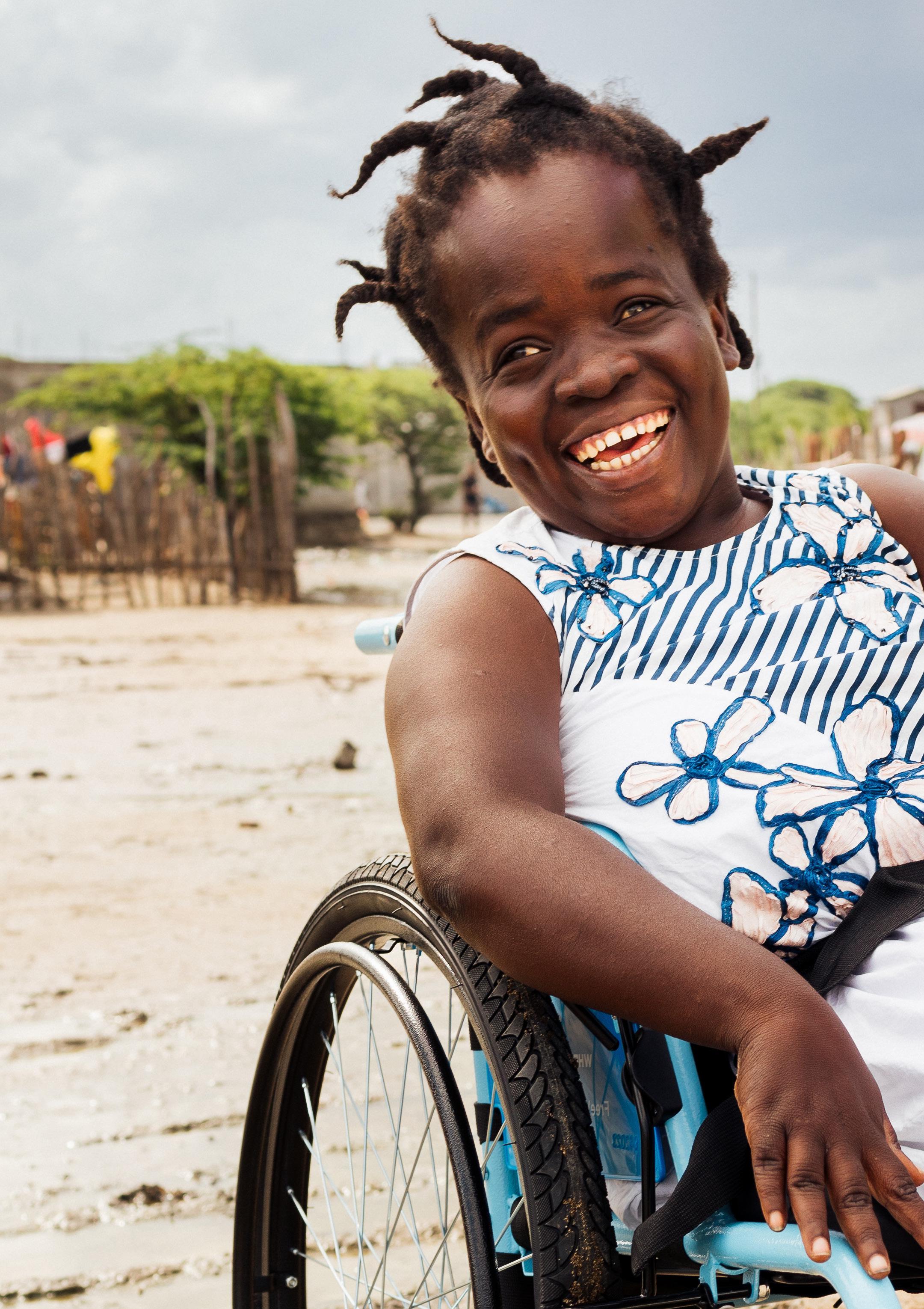
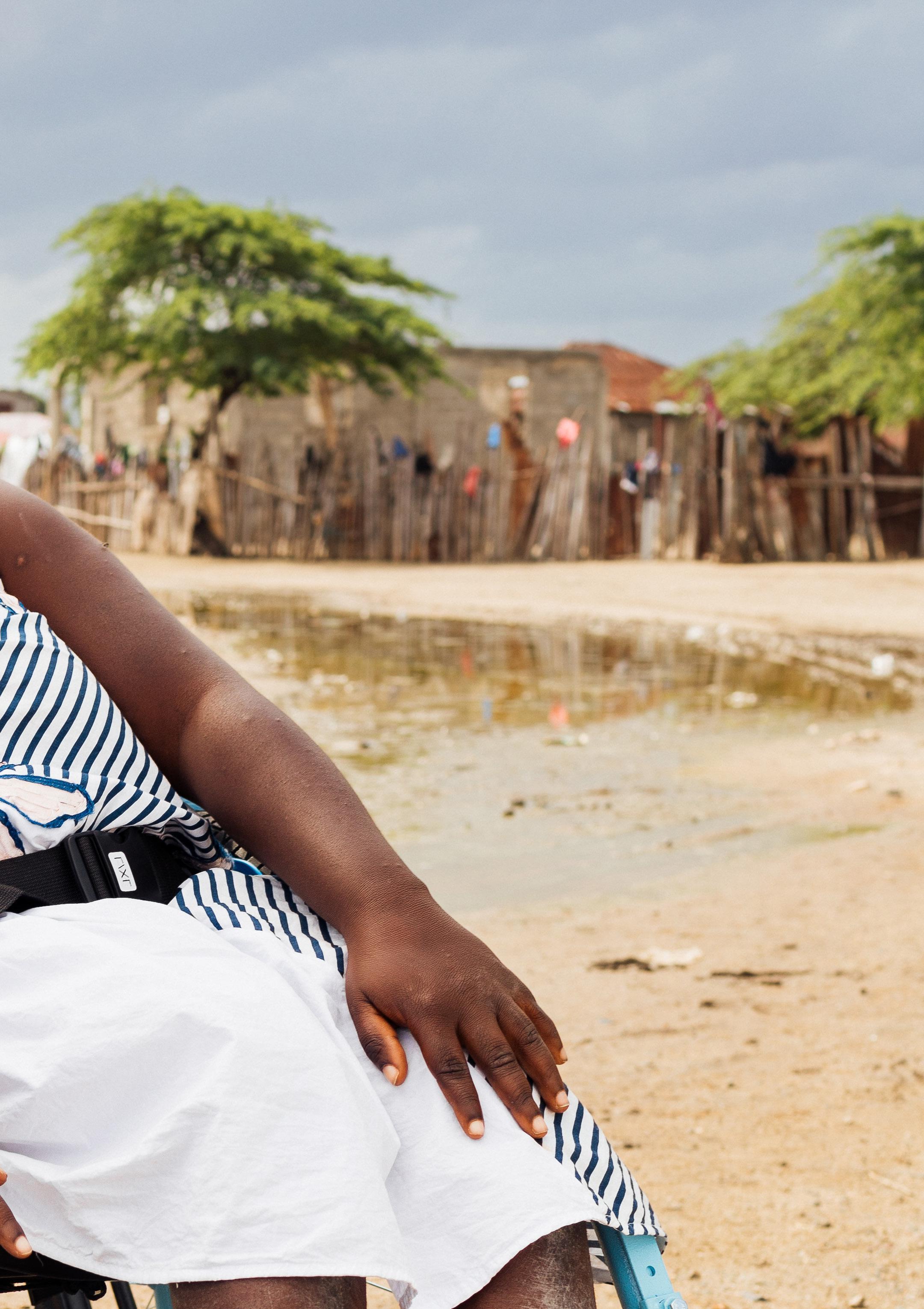





The past six months have been some of the biggest and most transformational in HHA’s history. Thanks to the overwhelming response to Matched May, and the unwavering support and prayers of our community when we decided to begin a new chapter in Haiti, we have achieved amazing things in just half a year.
We have produced this ‘Mini Impact Report’ in recognition of the remarkable milestones of the past six months, and to thank everyone that has made them possible. We hope you enjoy reading it – and seeing the amazing things that can be achieved with faith, big dreams, and the support of an incredible global community.
With many thanks and much love,

Carwyn Hill MBE CEO and Co-founder Hope Health Action
In April, we announced the end of our Haiti hospital partnership and our plan to pursue our mission in Haiti in new ways. It was an incredibly difficult decision, but we were overwhelmed by the positive and supportive response from our HHA community.
As our new chapter started, our short term aim was to ensure continuity of care for the most vulnerable individuals we’ve served for over 17 years; those who would otherwise risk not receiving any support. We focused on three key groups: adults with disabilities (especially those with spinal cord injuries, for whom access to care is incredibly limited); children with disabilities; and premature newborns
We were committed to not leaving these groups behind - some of the most marginalised amongst a population that was already experiencing extreme poverty, hunger and resource shortages as a result of the instability that
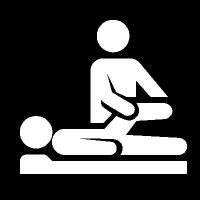
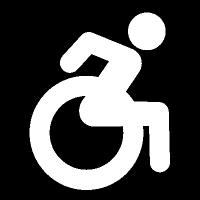
2 disability care centres opened
752 wheelchairs provided
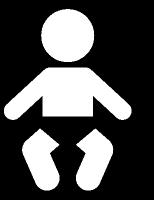

5 specialist incubators shipped
59 staff employed
continues to devastate Haiti. We also knew that we needed to act fast to make sure that we were bridging service gaps and providing continuity of care as soon as possible. This was a daunting task, and in all honesty, without the funds we received through Matched May, and many answered prayers along the way, it would have been near-impossible. But thanks to the incredible support of our community, we are delighted to share that, six months on, we have active programmes supporting all three of those key groups.
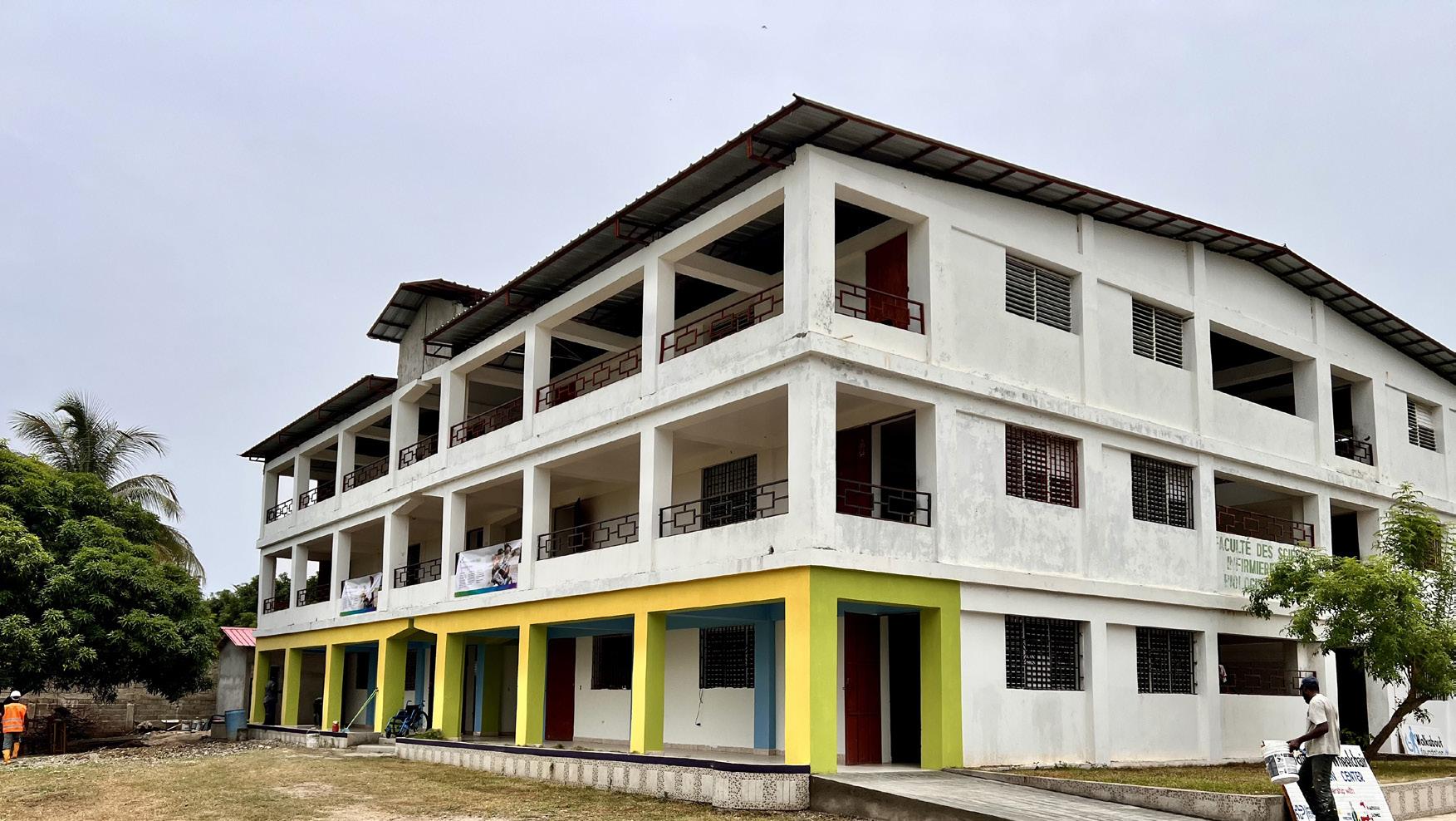
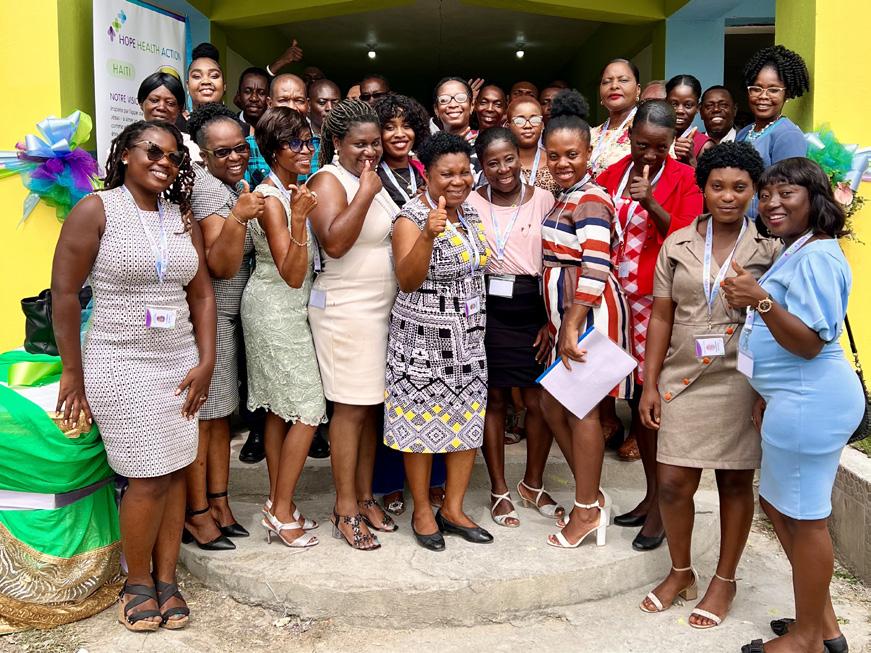
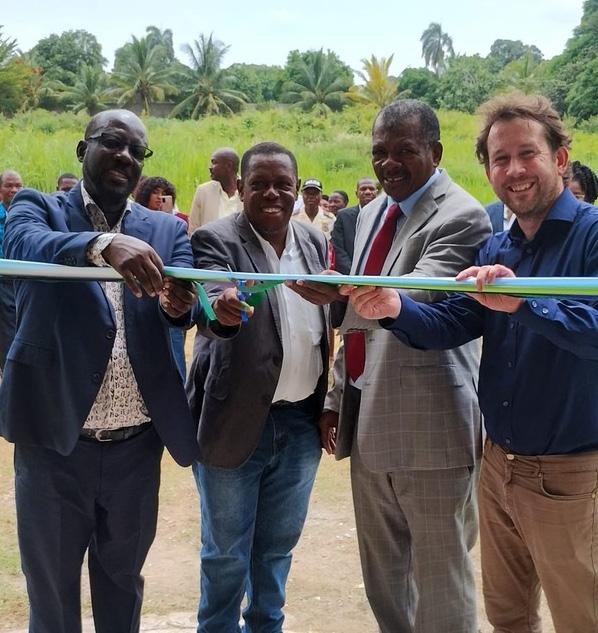
In July, we opened GRC, which now provides services to people with spinal cord injuries, strokes, and other neurological disabilities. This includes inpatient and outpatient care, physiotherapy, occupational therapy, emotional support through our psychologist, and spiritual support through our chaplain. We set up and opened this facility in under four months - finding a location, hiring and training a full team (pictured top left), renovating and equipping the centre - a testament to our amazing team on the ground and the support of our wonderful partners, in particular the Swiss Paraplegic Foundation and Haiti Rehab Schweiz.
Benito was one of the first inpatients at Grace Rehabilitation Centre. He was spinal cord injured after falling out of a tree two years ago, and though he received some physiotherapy immediately after his accident, he couldn’t afford to continue, so had been living without rehabilitation services for over a year.
Since he arrived at our centre, Benito has received daily physiotherapy and vocational therapy - and his progress in the short time he’s been with us has been incredible. He can now transfer from lying to sitting independently, dress himself, and says he feels happier and more comfortable. His next goal is to stand up - and he hopes to eventually go back to school to learn to be a mechanic!
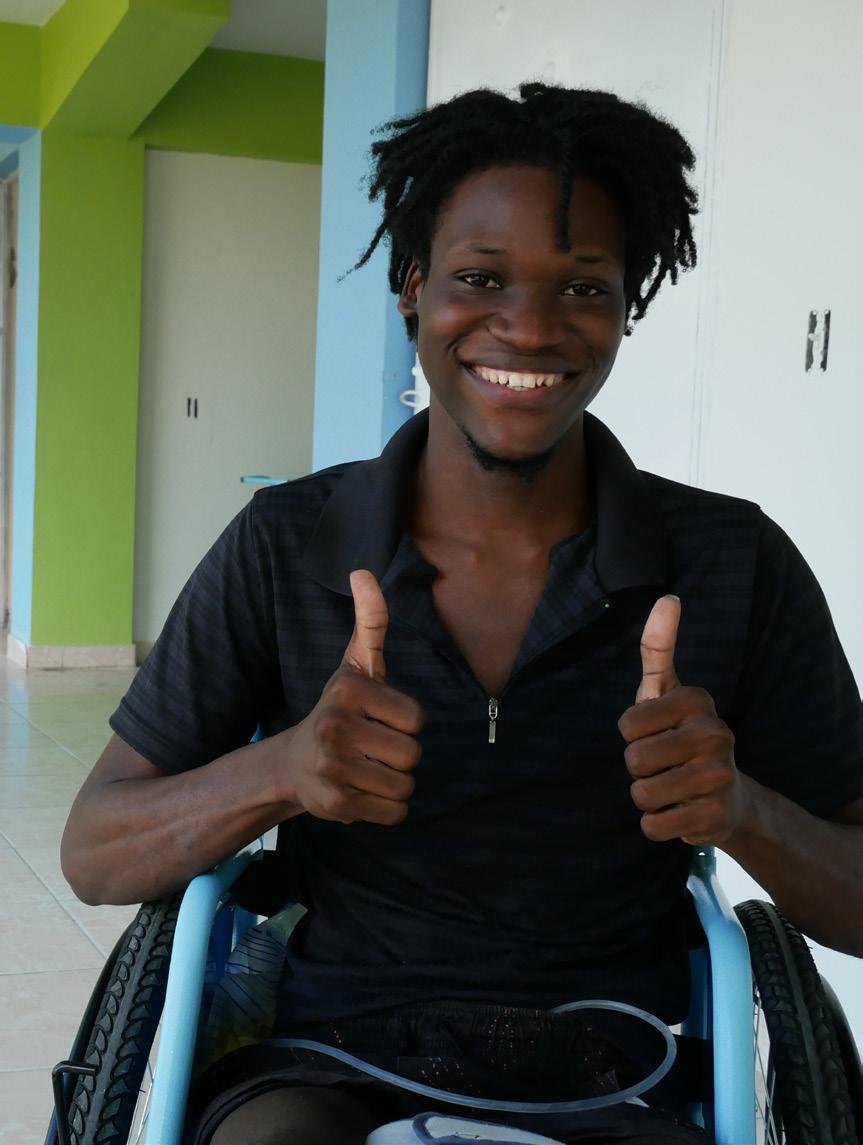
Many of our supporters have a special place in their heart for the kids that we have been supporting for many years through our respite home for children with disabilities. We are delighted to share that this work is continuing at a new location, Maison de Grace, where we will carry on offering specialised care and education, as well as support and advice for carers. The kids moved into their new home in October and we are so happy to see them settling in well!
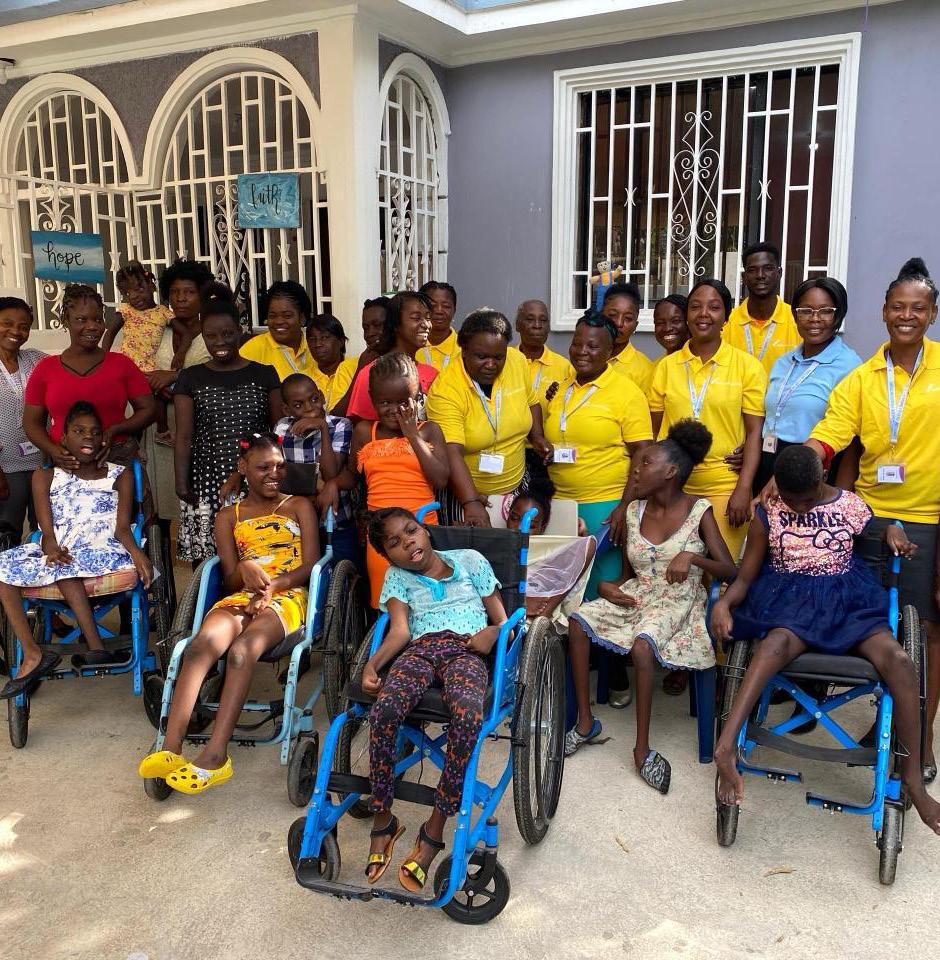
Kate was abandoned by her parents when she was born with complex disabilities. For the first year of her life, she lived in a hospital, without a home or consistent carer.
When HHA first met Kate and enrolled her at the Maison, she was one year old. Having received no specialised rehabilitation, she was significantly delayed—unable to sit or even hold up her head. But with dedicated therapy and care, and a loving foster family, she has made incredible progress. She can now sit, crawl, stand, and has even taken her first steps!
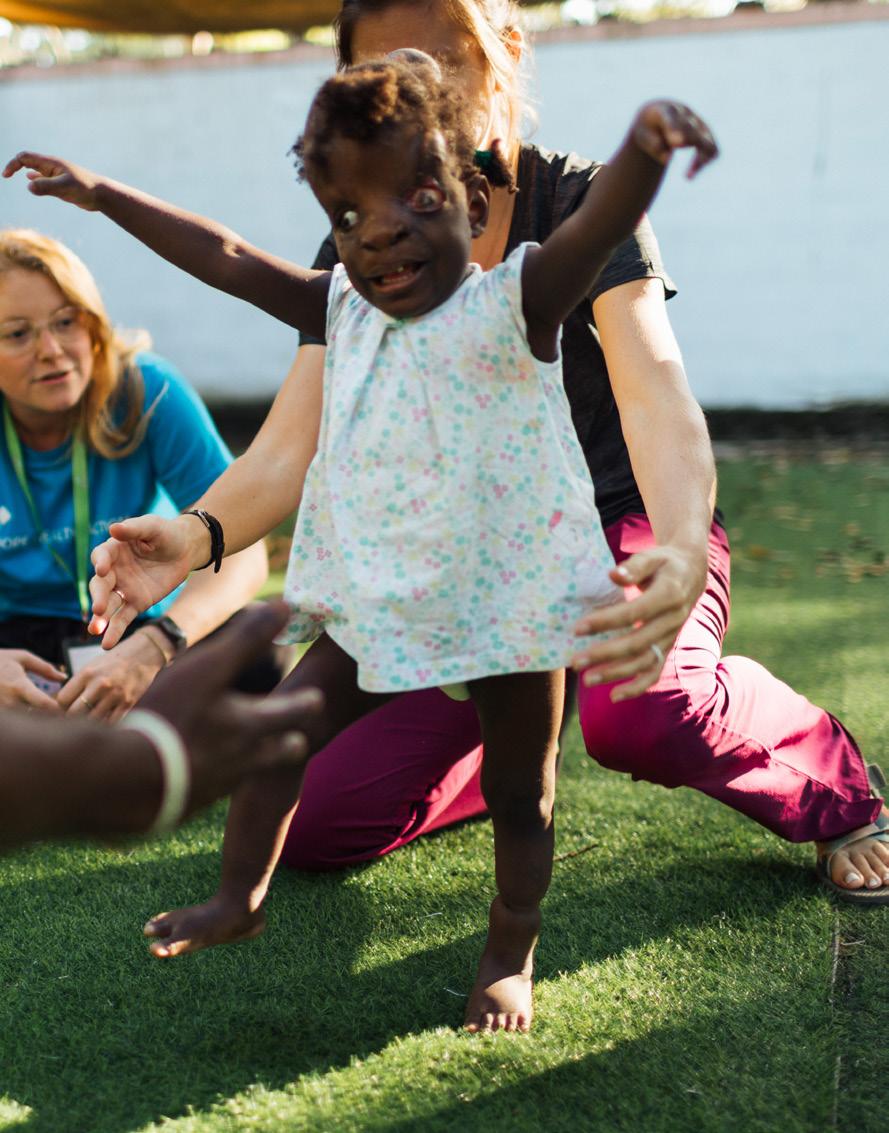
We’ve also been able to support her through several surgeries, including for her cleft palate, which has improved her ability to eat and speak. Despite her medical challenges, Kate’s personality shines. She loves to dance, give hugs, and can now count to four. Full of energy and joy, she’s always on the move — her favourite word is “Hallelujah!”.
For Kate, and many of the children at the Maison, continuity of care is essential. Having started life with such instability, unwanted and isolated, it is so important that she continues to receive the support and love that this programme offers. That’s why we opened Maison de Grace so quickly, and remain committed to providing the care that enables these children to thrive.
In May, we visited Justinien University Hospital (JUH), the largest government hospital in the north of Haiti, and were shocked to find that there wasn’t a single working incubator in their neonatal care unit (NCU). The department was extremely stretched, and struggling with a dire lack of resources and staff.
In response, alongside our long-term partner Konbit Sante, we have launched a programme to strengthen JUH’s NCU, purchasing and shipping ‘mOm’ incubators (technology specifically designed for lowresource settings), as well as developing plans to support with care and management of the department. While we consider longer term projects to improve maternal and infant health outcomes in the region, this capacitybuilding programme aims to get the NCU fully operational and providing life-saving care to over 500 babies a year.
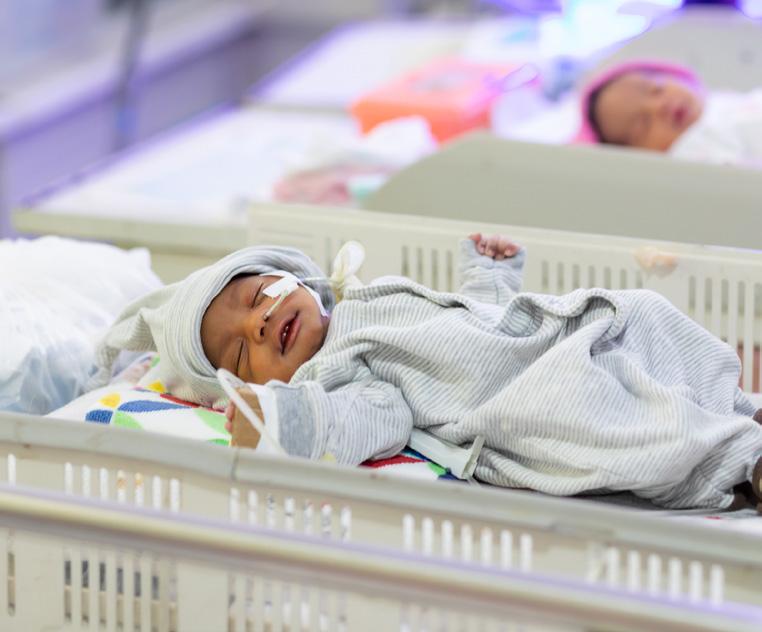
JUH is a key referral hospital for this region - many newborns are received here, particularly premature babies. HHA’s support will help us to provide care to these babies at a crucial developmental stage.”
An important feature of our new chapter in Haiti is that, while we are still working in close partnership with many local organisations, we are operating as an independent entity. Making this official
(registering as an NGO and receiving recognition from the Ministry of Health) was, in itself, a huge milestone! It gives us greater flexibility and control over our programmes, as well as enabling us to employ our own staff, who we are training with a strong focus on setting a positive, values-driven culture.
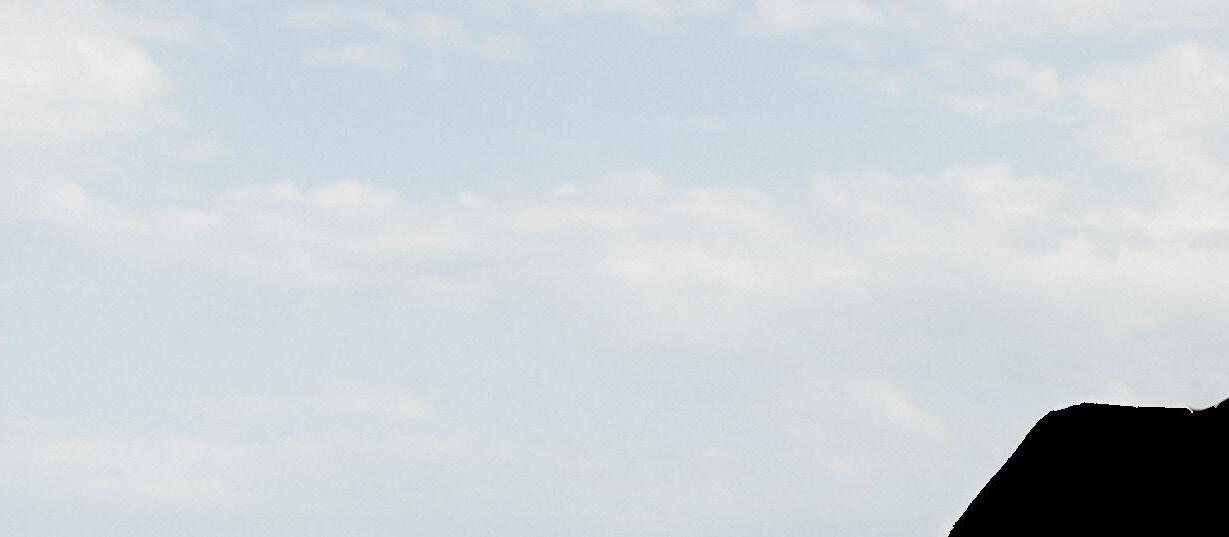
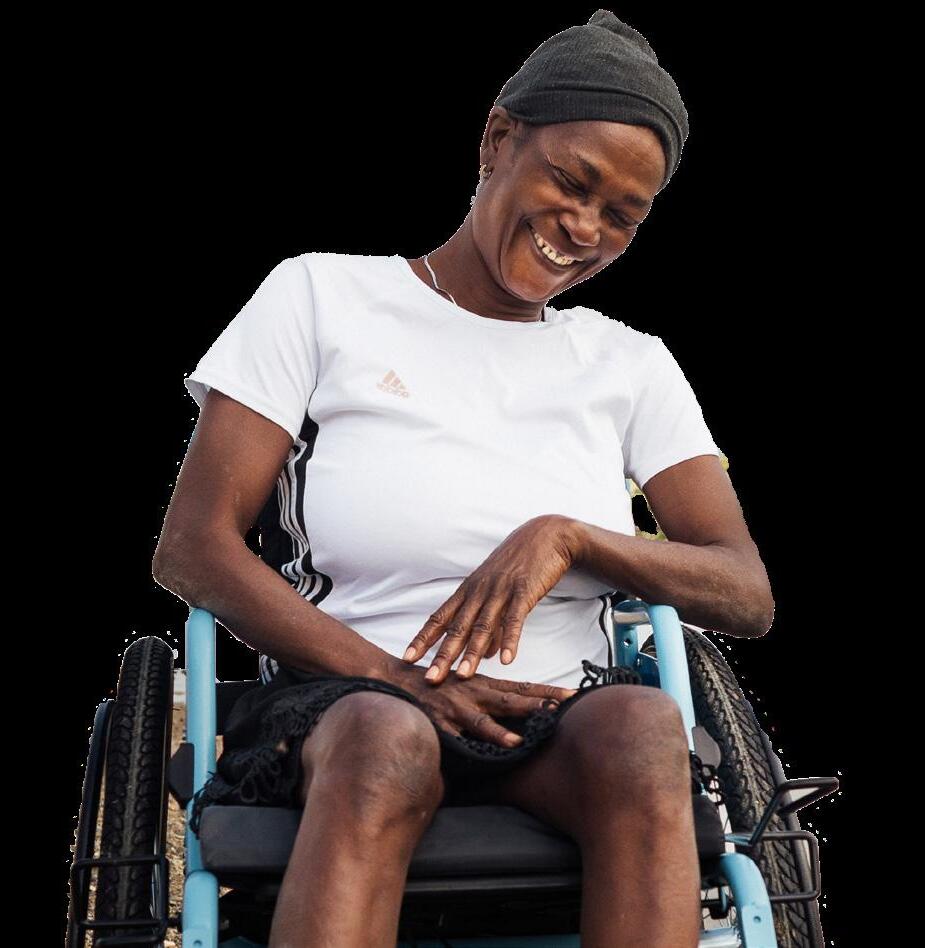
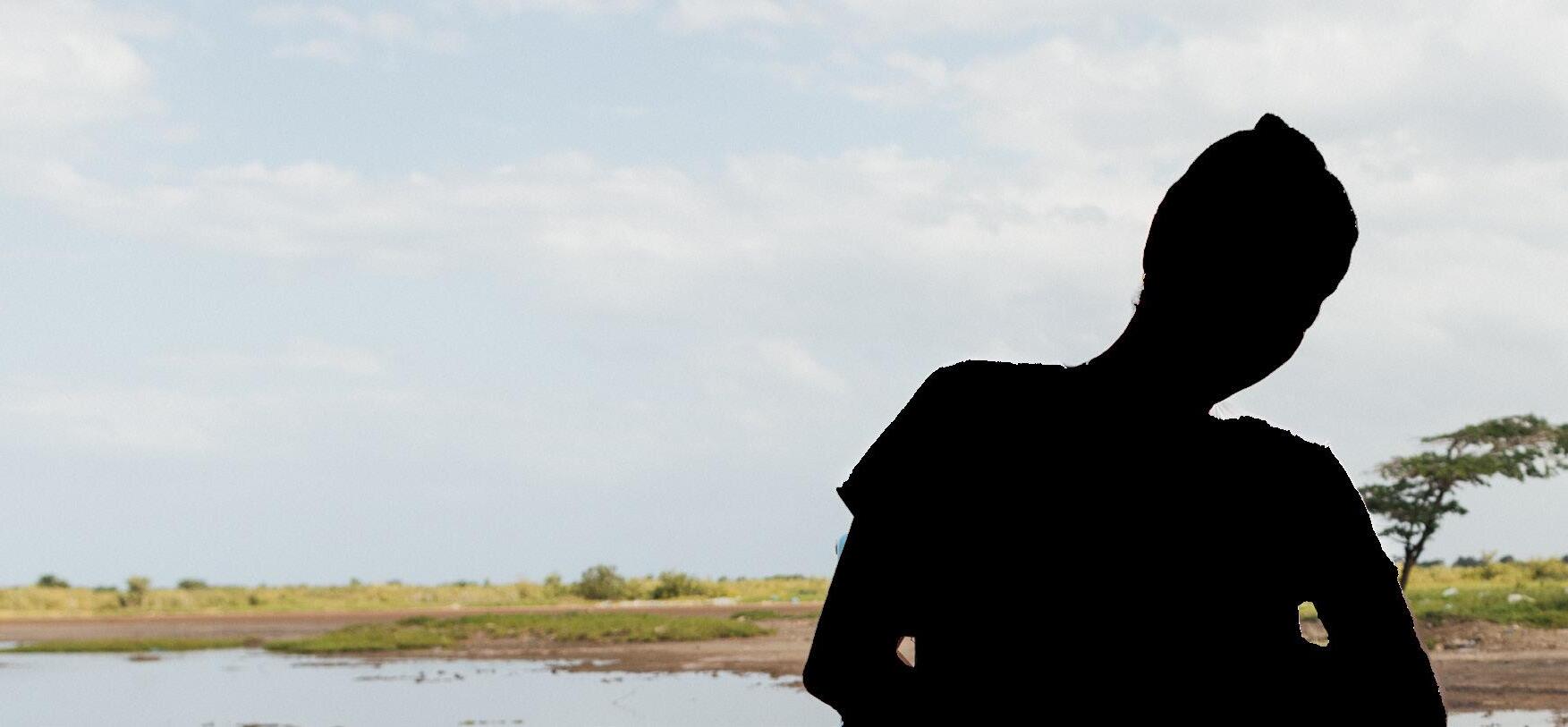
When we launched our Matched May campaign, we did so with the aim of ‘bringing hope to life’ for people with disabilities across the world. Over the last six months, that hope has been needed more than ever in our East Africa project locations. Food insecurity continues to present major challenges in the settlements in Uganda, and a growing number of refugees are returning to Kajo-Keji, South Sudan, putting pressure on already stretched resources. The funds raised in May have been an incredible blessing, enabling us to expand our projects and launch new initiatives to provide dignity, opportunities and independence for refugees with disabilities.
When Moses first came to our rehabilitation centre, his dad told us that he had a big goal: to teach his son to walk. Our physiotherapist worked with the pair, showing them activities that they could do together at home. After a few months of regular exercises, the amazing happened - and Moses can now walk!
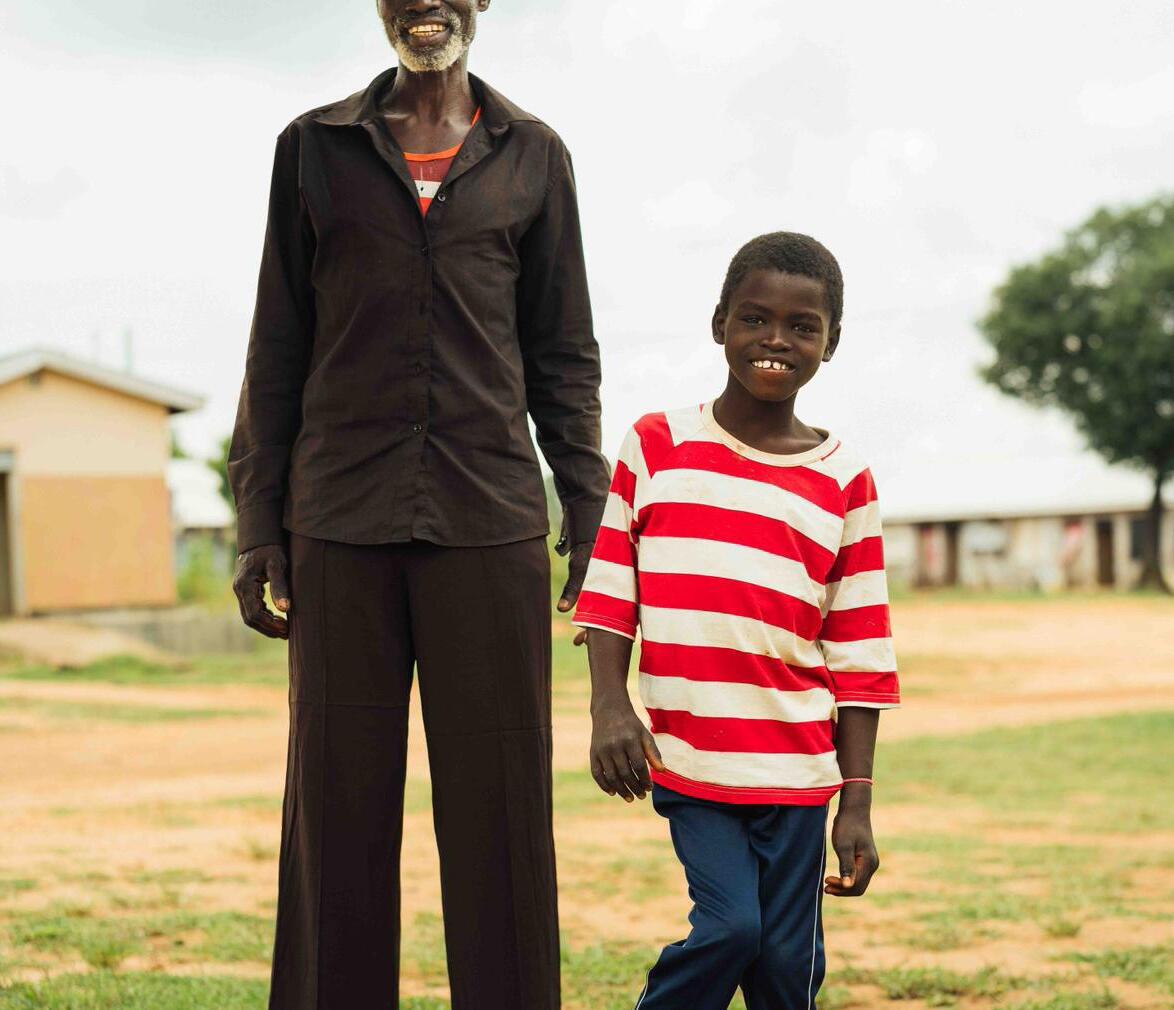
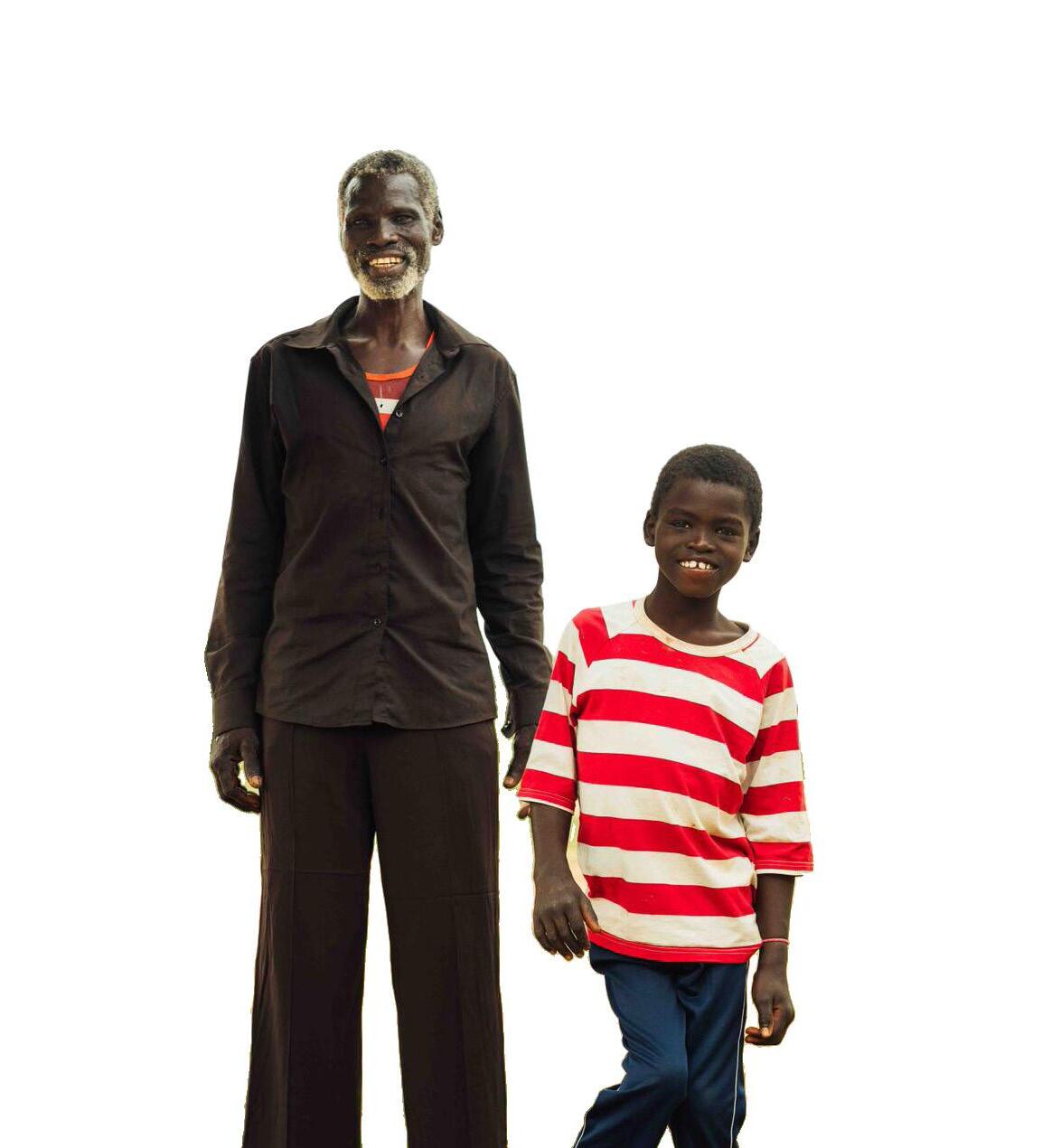

195 wheelchairs provided

2,085 physiotherapy sessions given
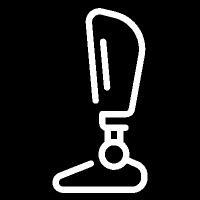
189 prosthetics & orthotics fitted
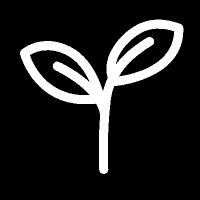
220 households enrolled in agriculture
Earlier this year, we launched our Special Education Programme at Amazing Grace, a school for refugee children that we have supported since 2017. This has enabled ten children with disabilities to go to school, where they learn and play alongside other children. For many of them, it is the first time they have ever been able to access education – a transformational step for them and their families, as well as the school and local community.
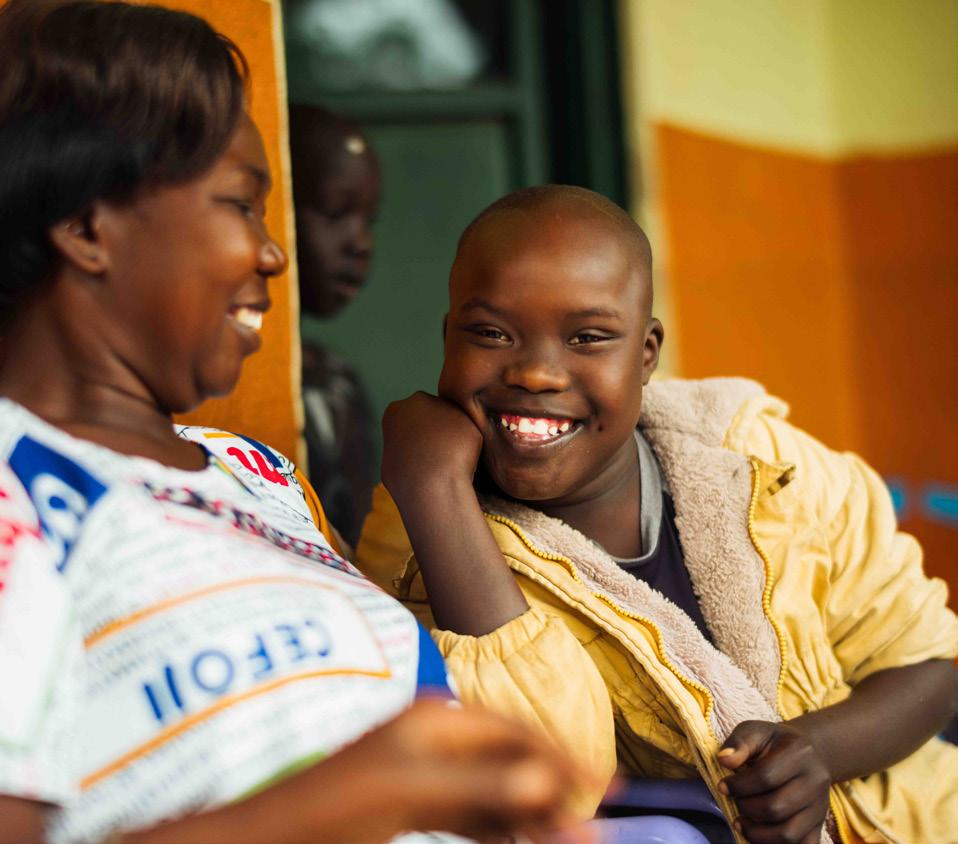
“Before this child moved to school, this child could not know. But these days he can read, he can count up to ten, he can write, he can play… These days I just feel comfortable, because when he’s here I know he’s being taken care of.
”Kiden, mother of Aziki, one of the children on our Special Education Programme
Through our new Vocational Training Programme at New Hope Bidibidi, beneficiaries learn income generation skills, like donut making, IT, and soap creation. This contributes to our holistic approach to disability care: combining physical mobility with empowerment opportunities to sustainably improve outcomes.
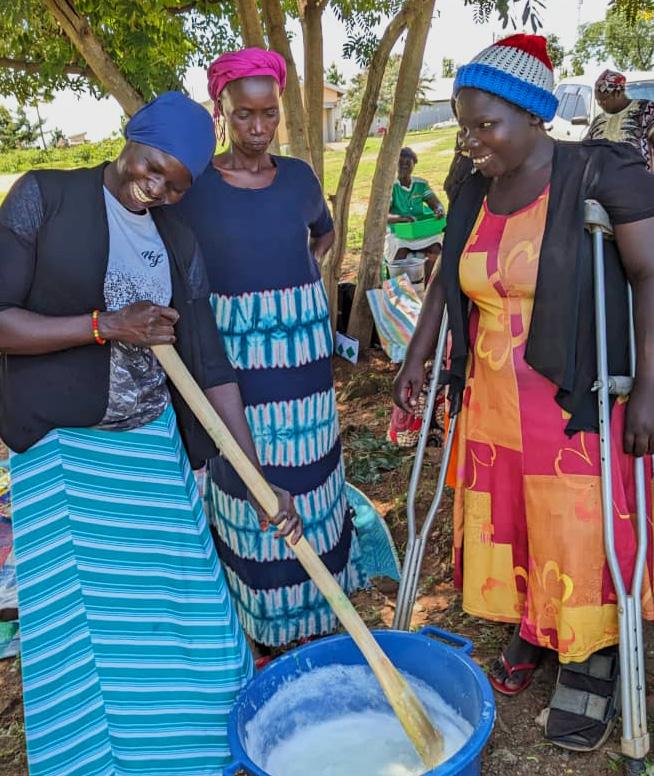
When we opened New Hope Kejo-Keji Health & Rehabilitation Centre in South Sudan in September last year, we took a leap of faith. We knew there was an immense need for our work, and we had seed-funding from the UNHCR and a successful Spring Appeal, but there was no guarantee that we’d be able to source enough funding to stay open – let alone to expand our work. But last month, thanks to God’s faithfulness and the stability and momentum provided by Matched May, we celebrated a whole year of providing health and disability care in this vulnerable community. What’s more, we’re now working on projects to establish a stronger, longer term local presence, particularly for our disability services – including plans to set up a wheelchair distribution centre next year!
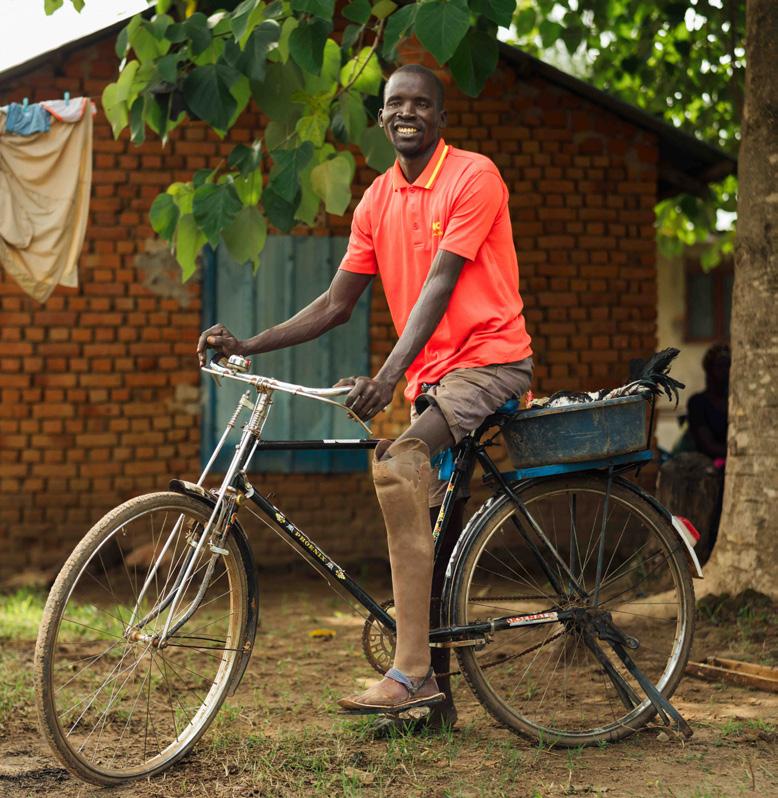
Samuel is an amputee, and received a custom-made prosthetic leg from HHA through a disability clinic we ran at New Hope Kajo-Keji. His new leg means he can ride a bike for the first time – which is an enormous help for his business of selling chickens, enabling him to travel further and faster!
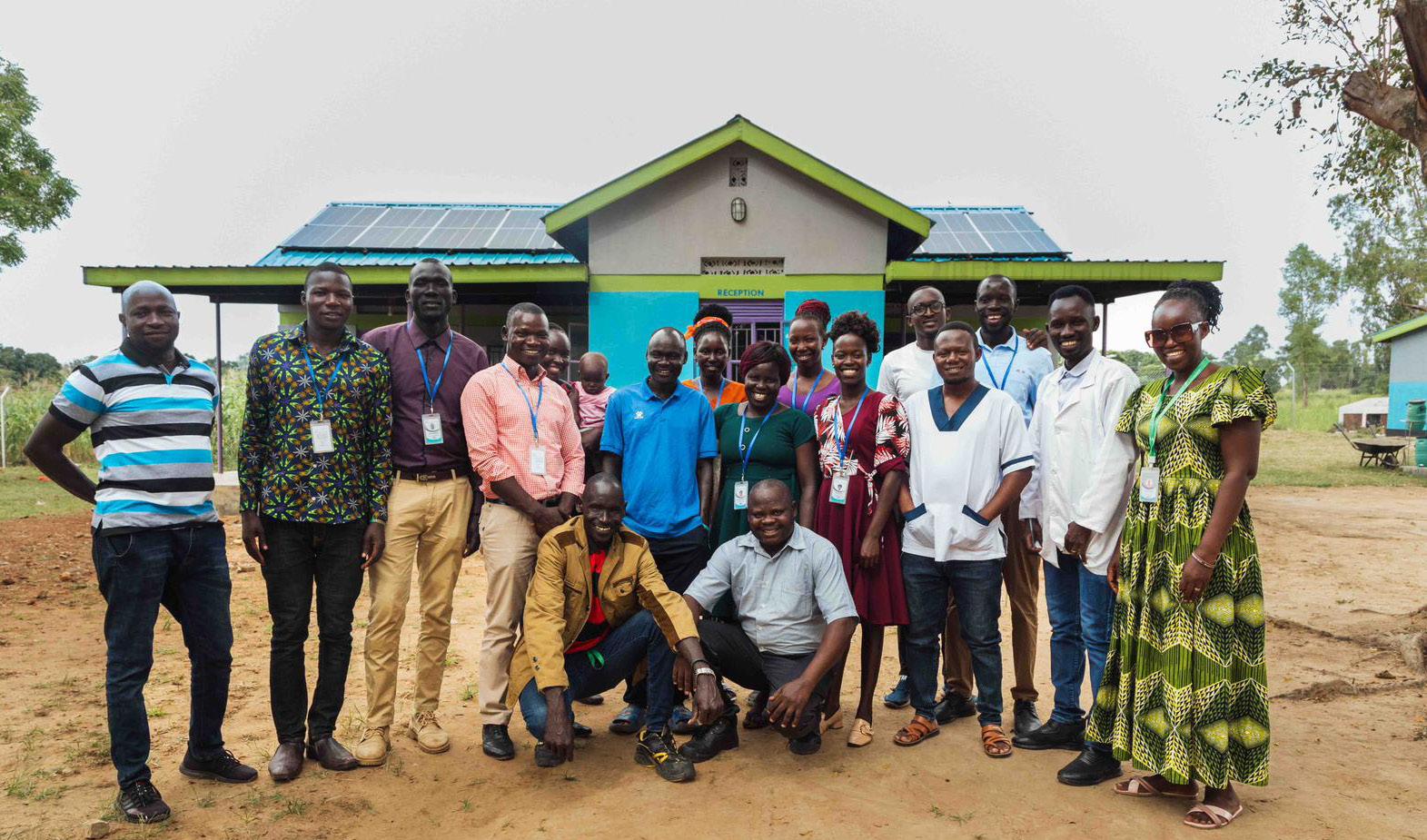
In July, we enrolled 220 new vulnerable households in our agriculture project,
